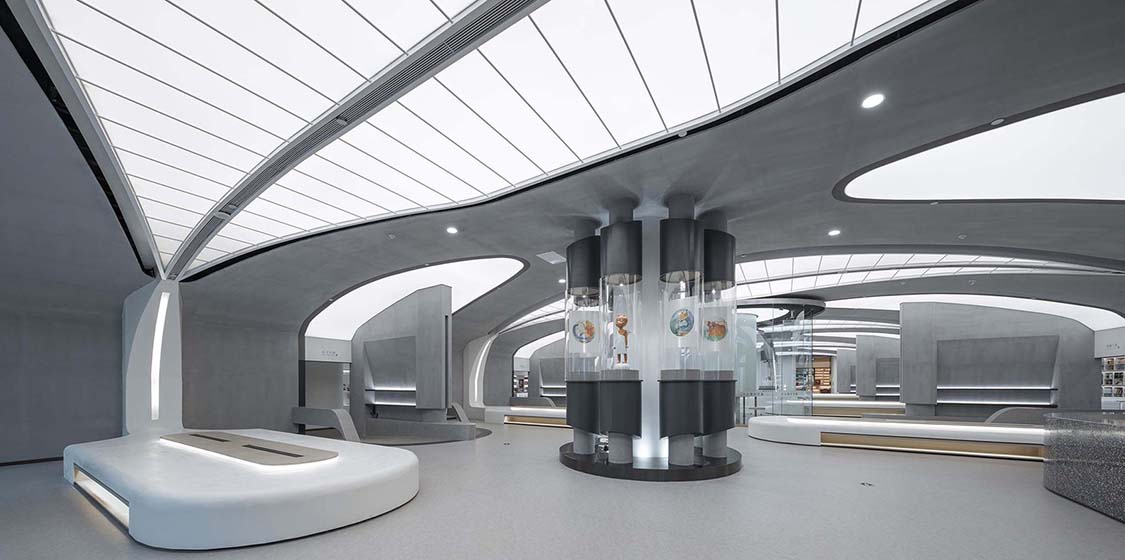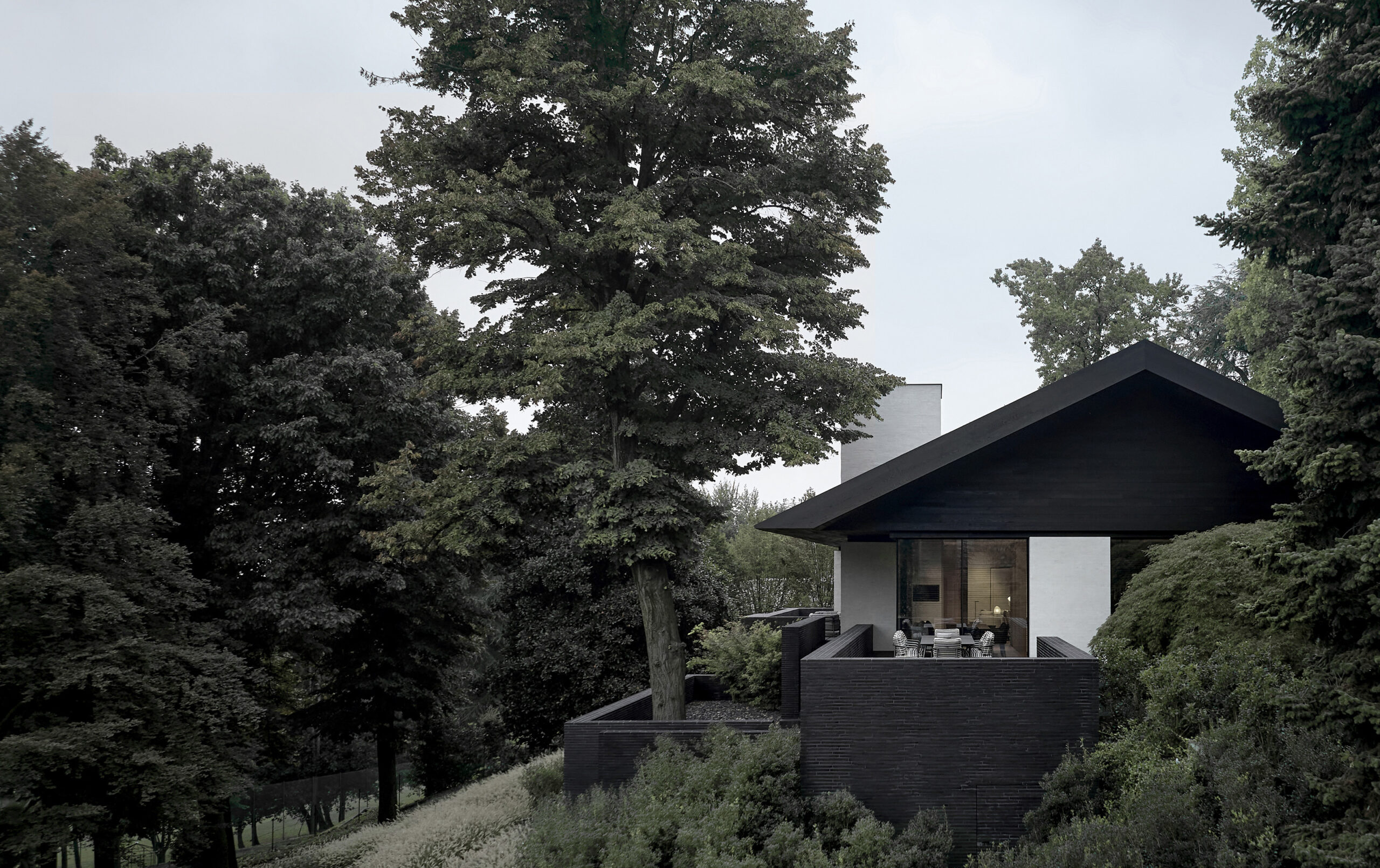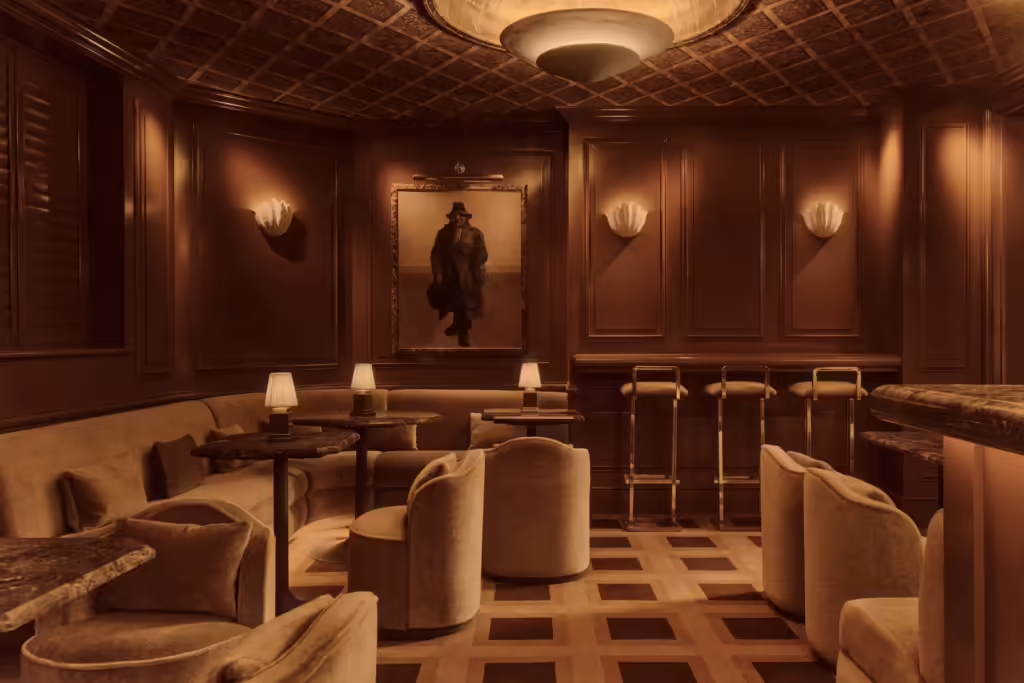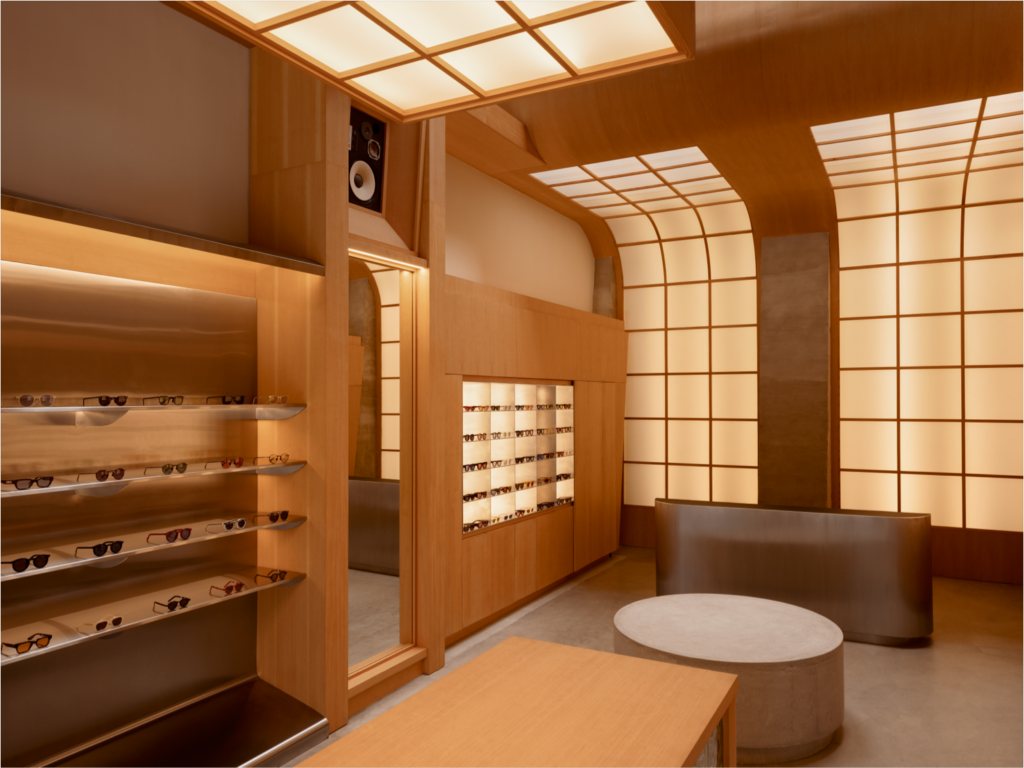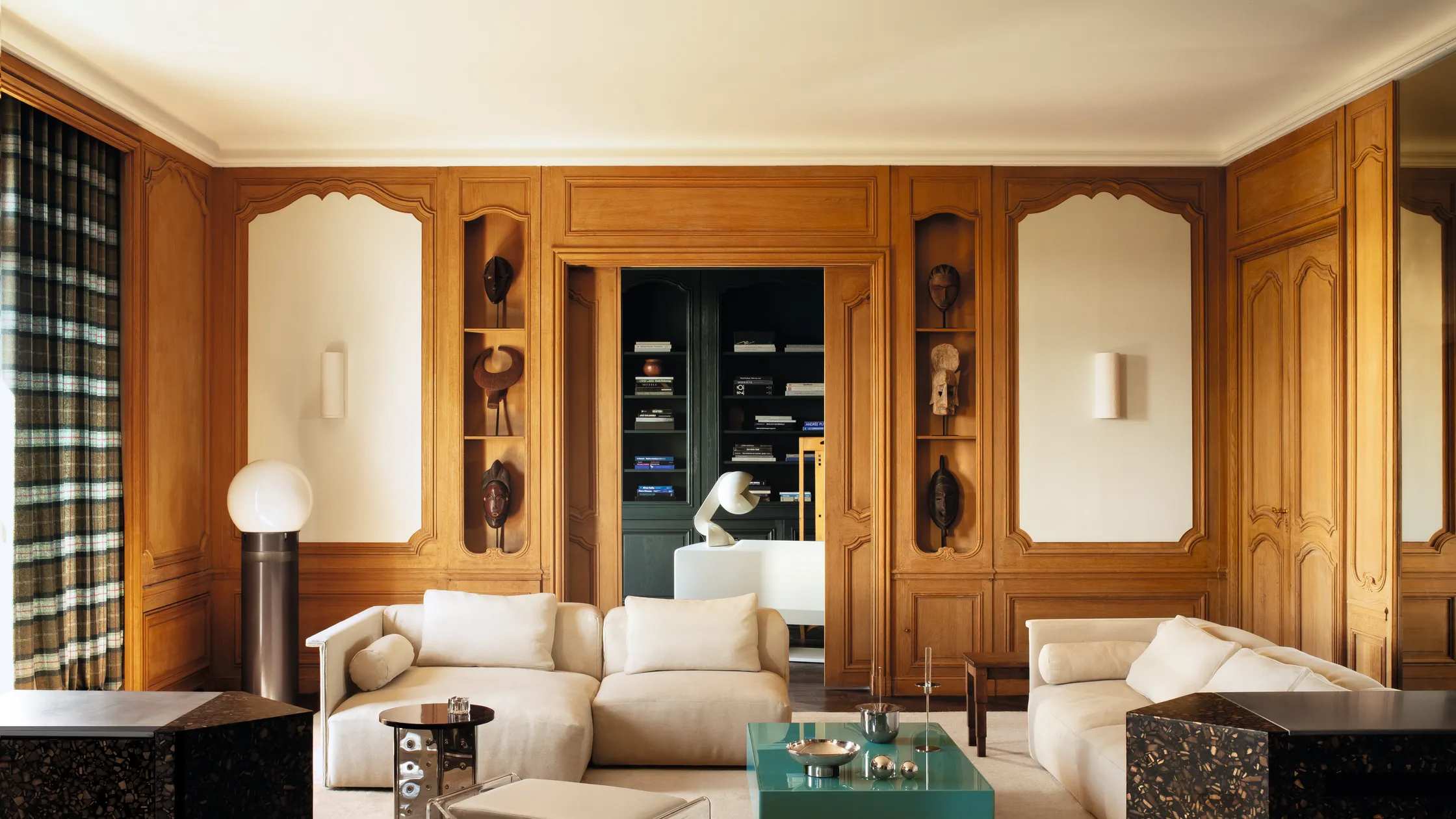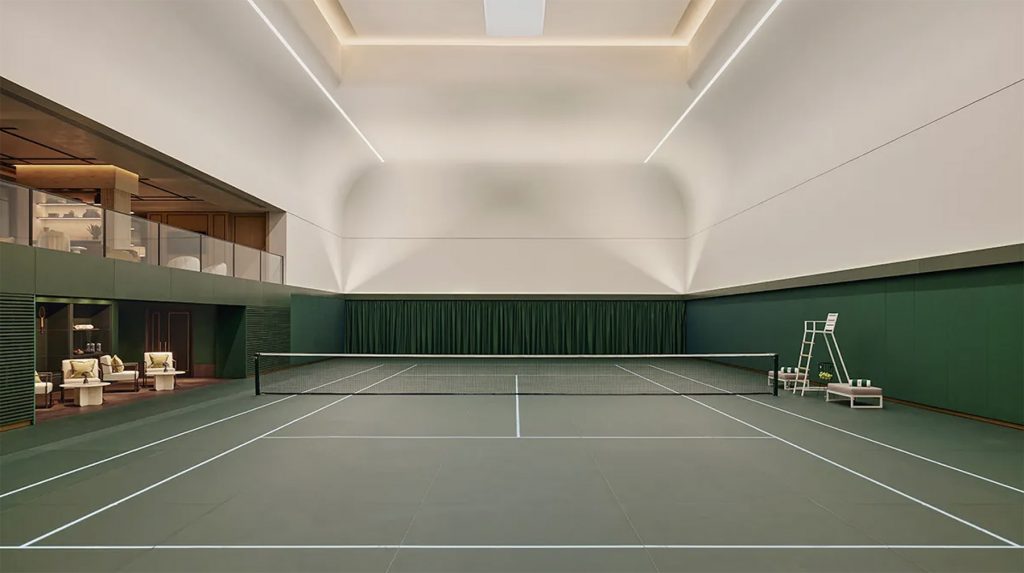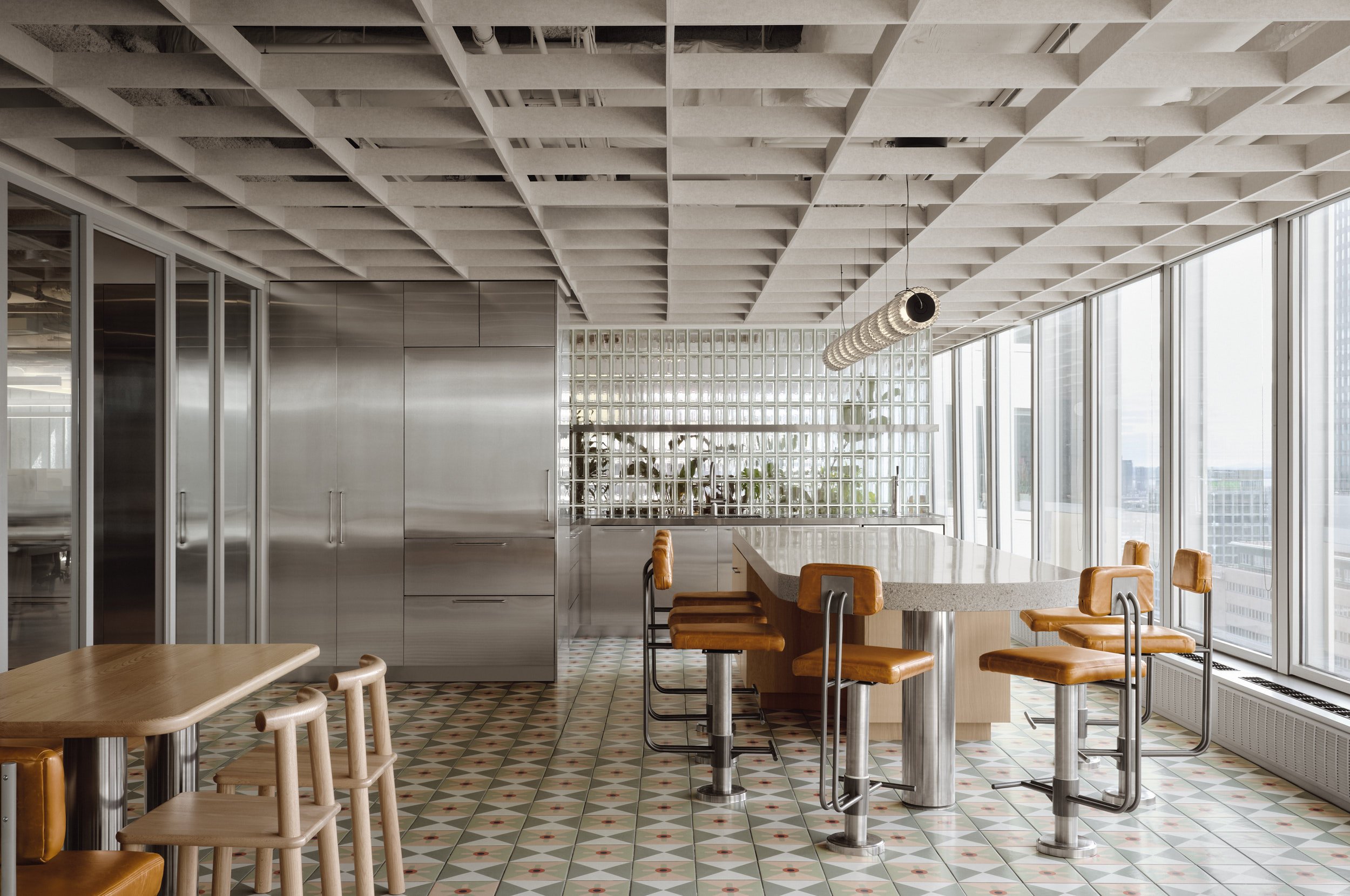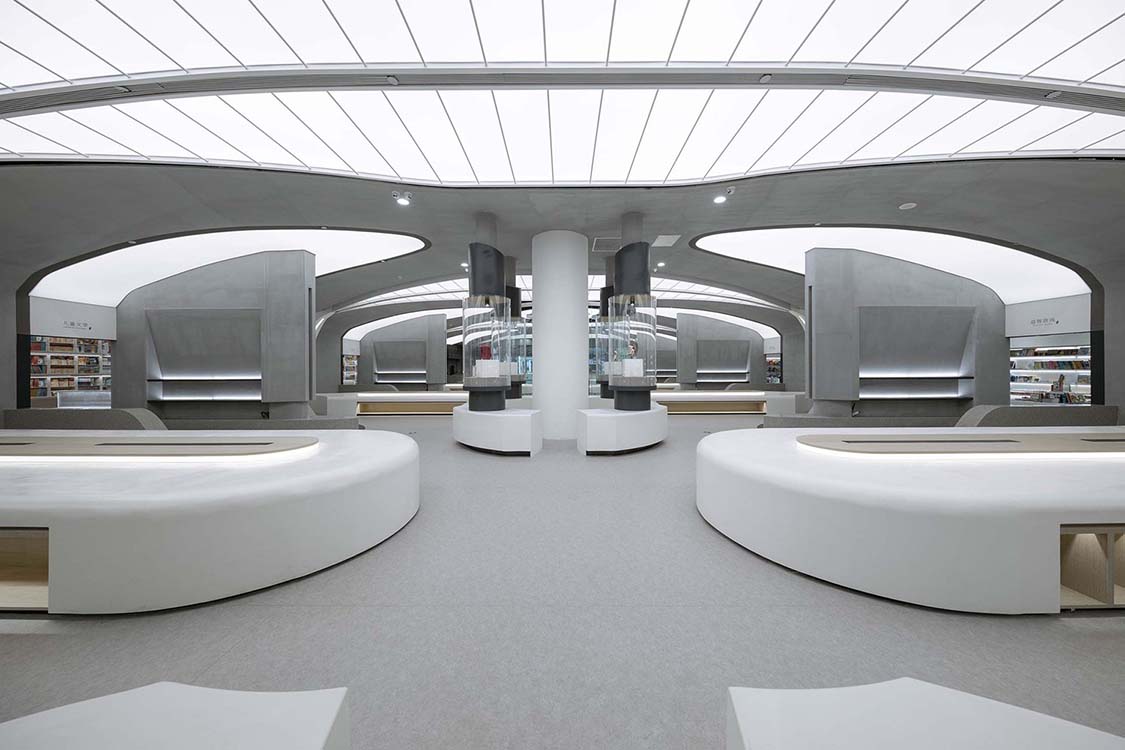
A bookstore by definition is a store that sells books. And the traditional western retail thinking assumes that every square inch of a bookstore earns its keep by helping sell books. Consequently, large book stores have more or less disappeared in the wake of online retail. Reading areas with cozy arm chairs, play areas for kids and coffee shops are now rare.
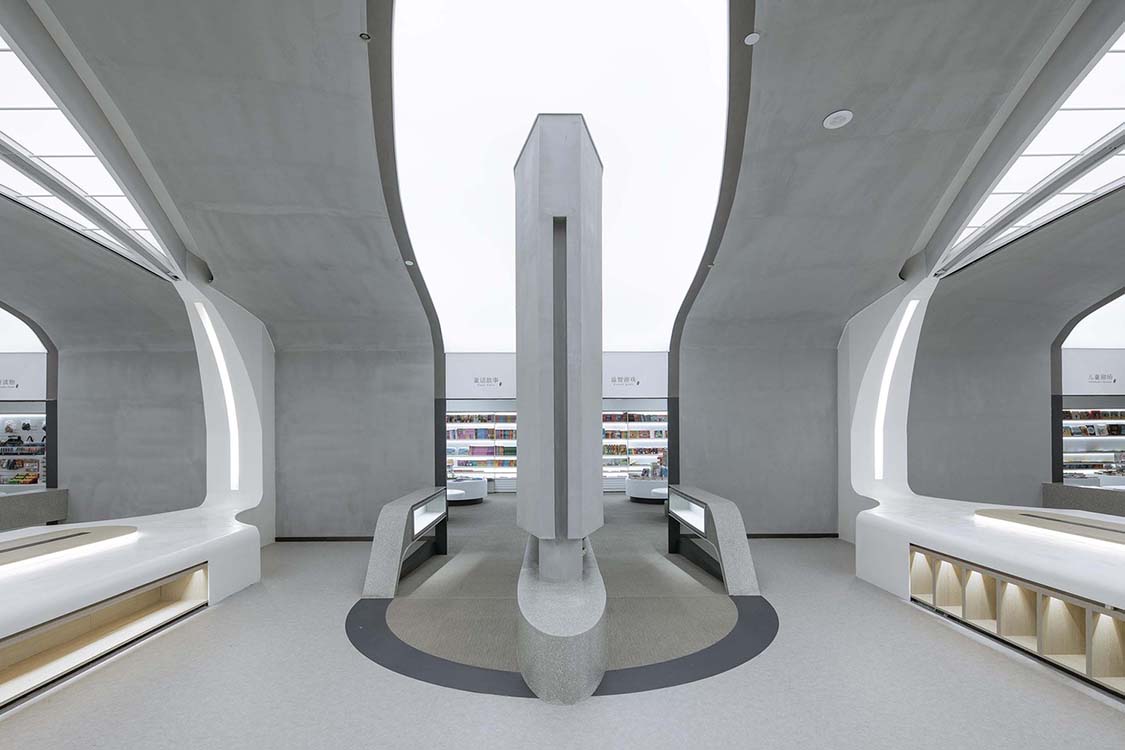
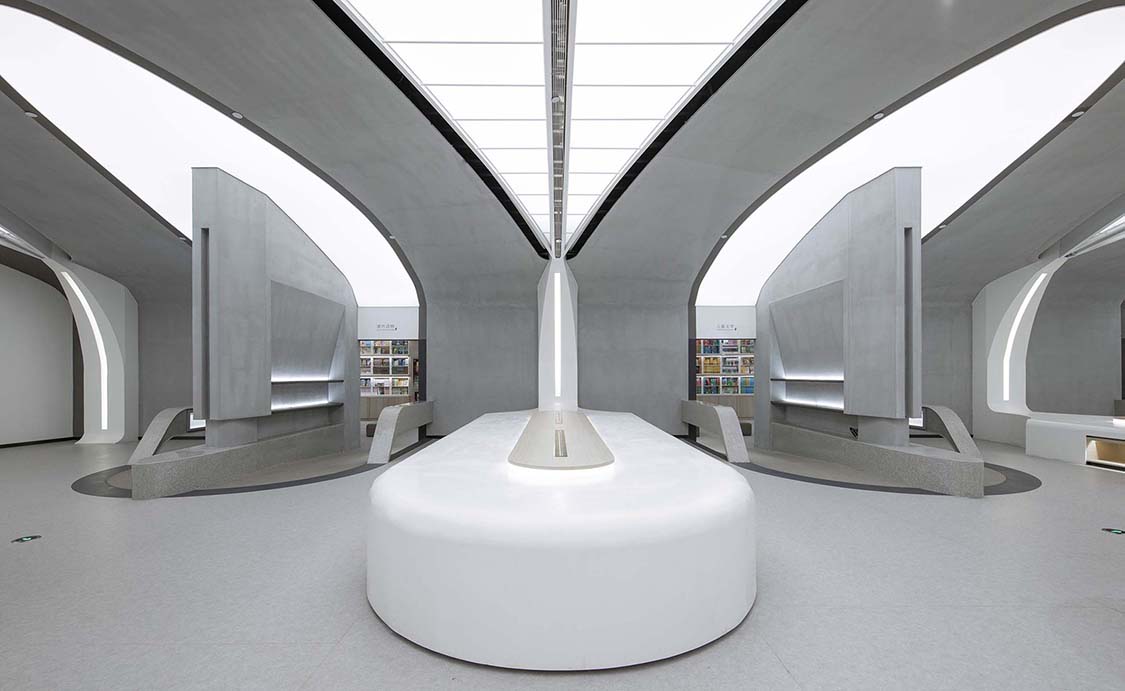
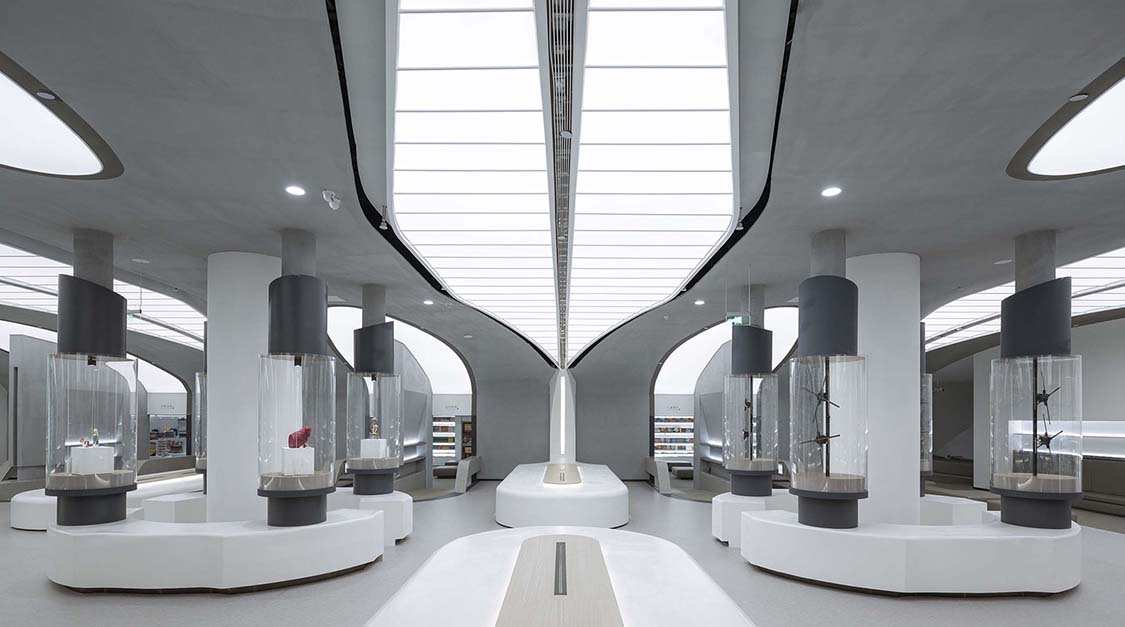
Things are different in China. Every week, we discover another massive retail store that is dedicated to reading and books. Many are much larger than most community libraries in most countries, and there seems to be no lack of funding for extravagant design and ‘unproductive’ space. Selling books is secondary to the idea of encouraging the public to read.
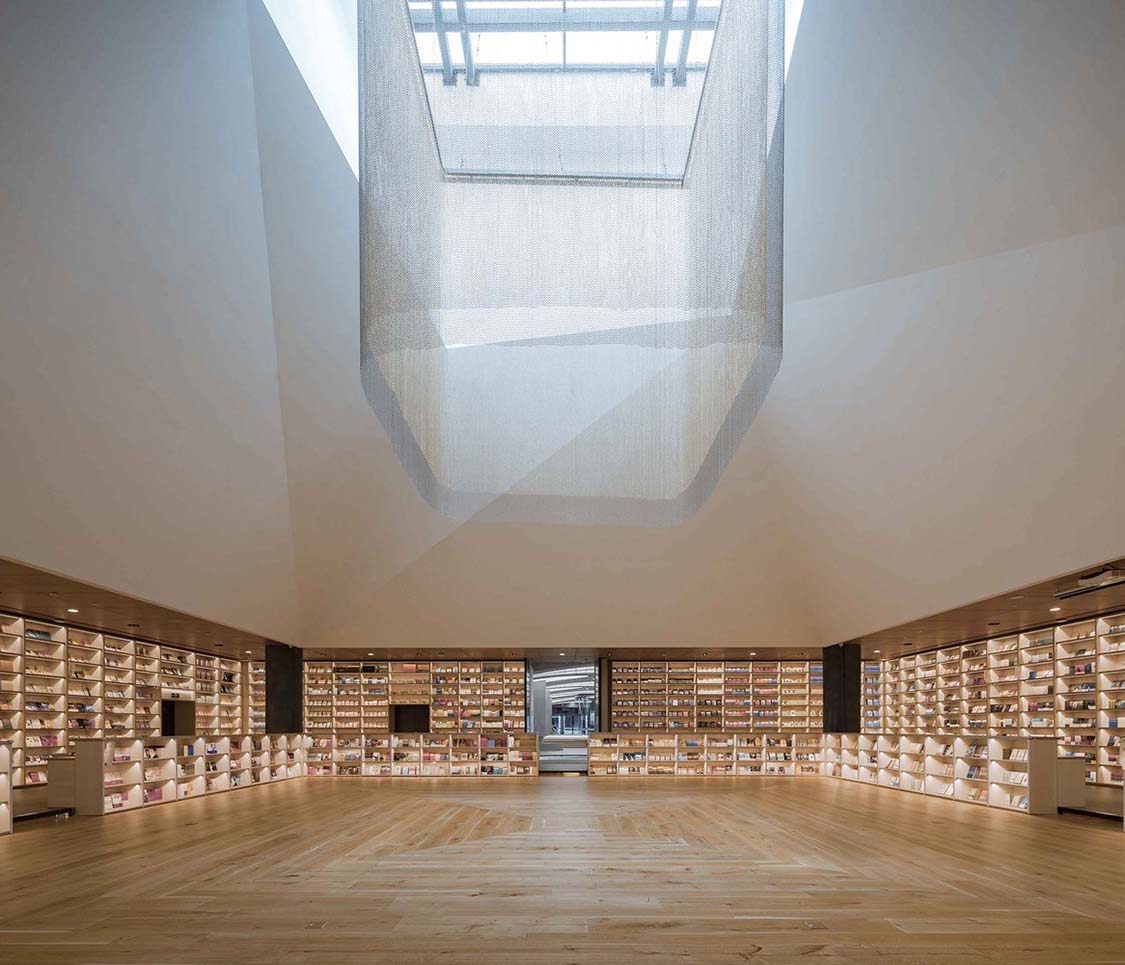
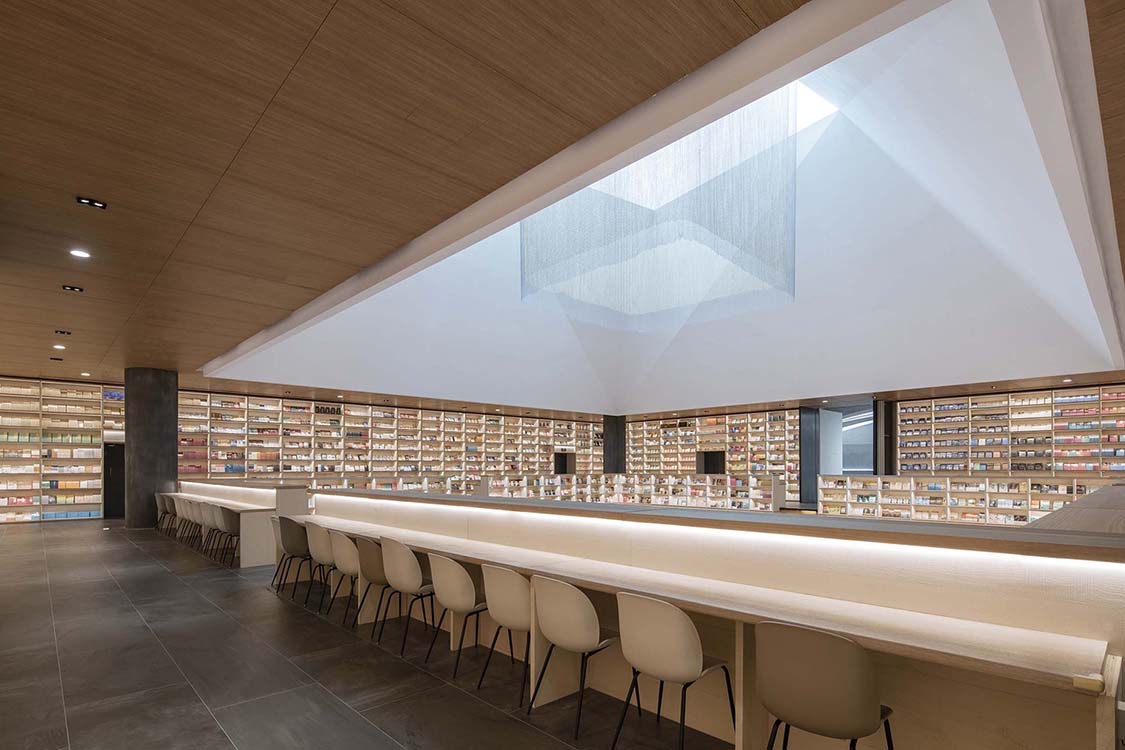
Gonverge Interior Design, based in Taipei, Taiwan, is not new to designing massive bookstores in China. Neither is the 3,500 square metre (37,674 sq.ft) E Pang Bookstore the largest they have designed. But it is one of the more interesting ones.
The design of this store takes a bold stab at combining the long history and the ambitious future of the area. Located in the Fengdong Free Trade Zone, Fengdong New Town, Xixian New Area in Xi’an City, , E Pang has an impressive story to tell.
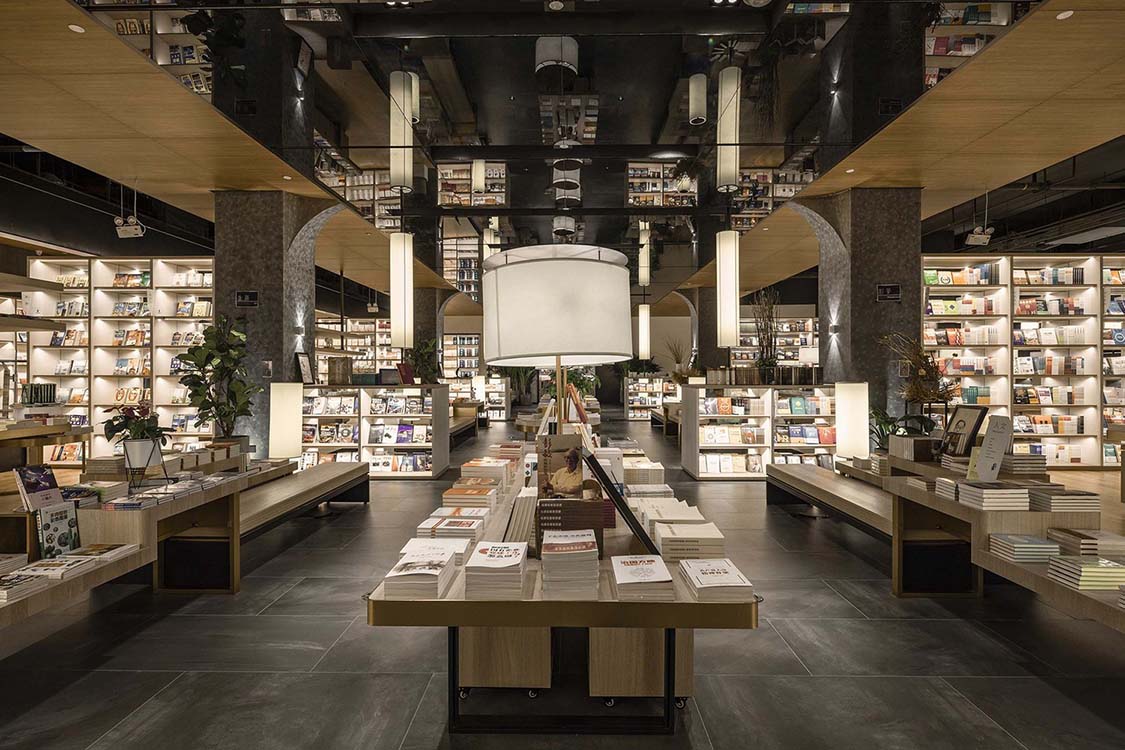
Xi’an is the ancient capital of 13 dynasties and Fengdong used to be the administrative centre of Qin Dynasty. The bookstore is named after the Epang Palace of Qin Shi Huang, emperor of China, whose palace construction started in 212 BC but was never completed.

With no large reading rooms anywhere within five kilometres in Fengdong, E Pang Bookstore was designed to fill that gap and provide a contemporary space for book lovers. Designated also as a library, E Pang serves as a centre of cultural activities and integrates itself into active urban life.
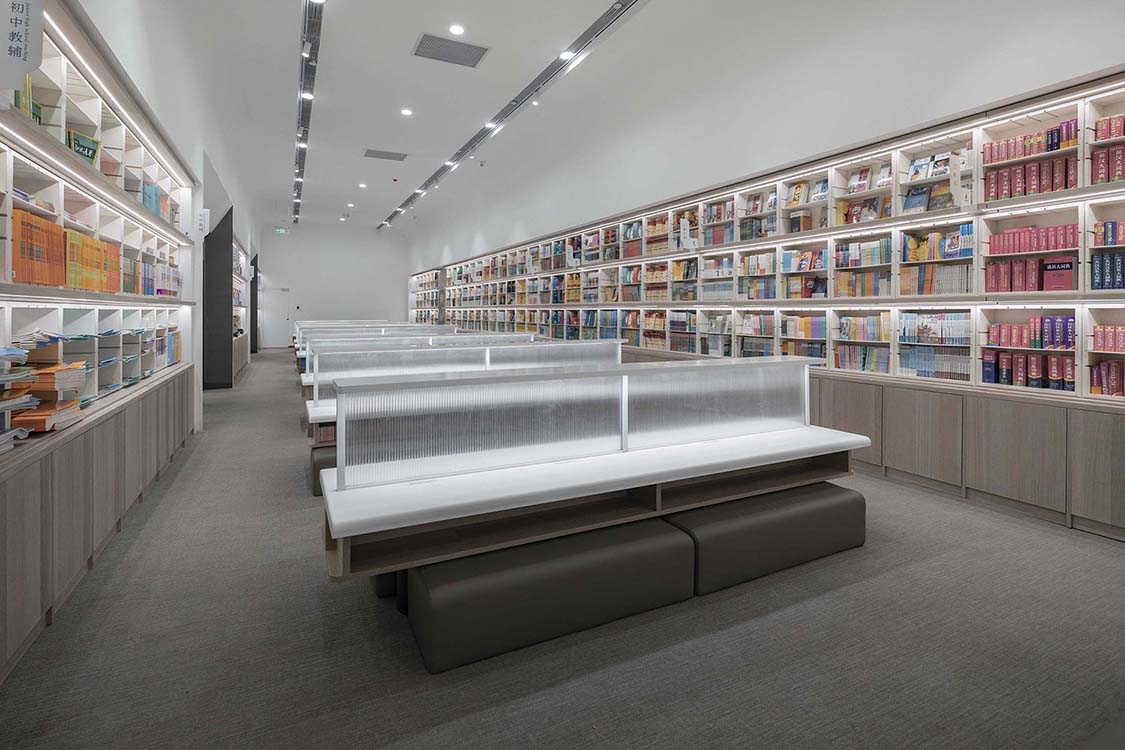
The three striking design components are the curving concrete elements that evoke a sense of futuristic bulk and substance, the wooden bookshelves that echo the bookish rooms of the past, and the skylights that give the entire space lightness and airiness.
A large adult reading area is void of distractions with wooden floors, walls and ceilings and unassuming wood tables and chairs.
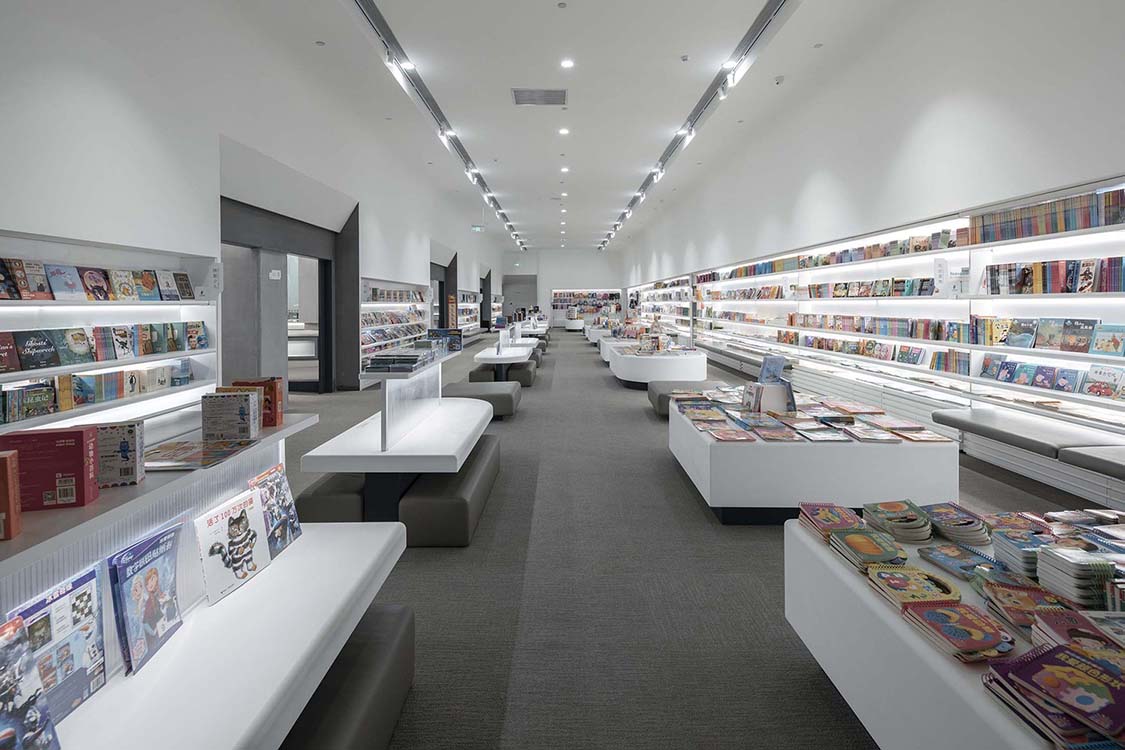
A coffee shop is linked with the actual bookstore that presents books in traditional light-wood shelving and display tables. Tuija Seipell
